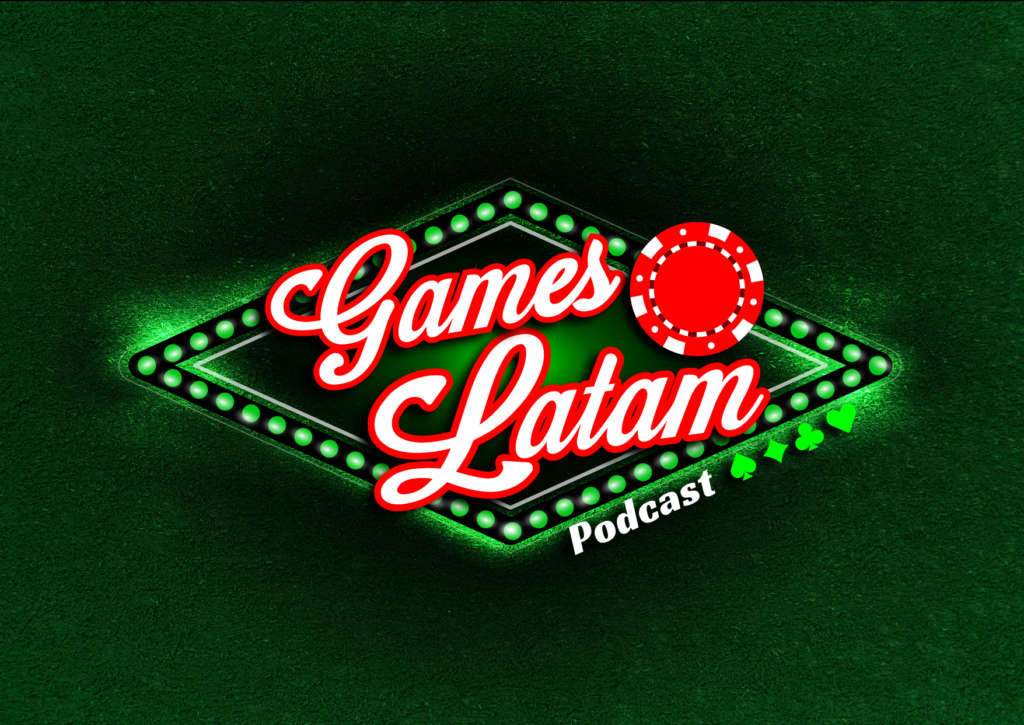Brazil’s National Telecommunications Agency (Anatel) is struggling to block illegal gambling sites, likening the effort to “mopping up ice.”
With over 5,200 domains flagged for blocking, the scale of the challenge highlights gaps in technology and regulatory power.
Enhanced legal authority and technology investments could significantly curb illegal gambling and protect Brazilian bettors from financial risk.
Discover how Brazil plans to tackle these challenges and reshape its gambling regulatory framework.
Brazil’s Efforts to Block Illegal Gambling Sites Are Falling Short, Says Anatel Chief
Key Points:
- Technological Gaps: Anatel needs significant funding to upgrade its tools for effectively blocking illegal gambling sites.
- Legal Power Limitations: Current laws hinder Anatel’s ability to enforce site-blocking orders and hold DNS operators accountable.
- Financial Risks: Bettors face heightened risks as illegal sites continue to operate with minimal oversight.
Brazil Faces Uphill Battle Against Illegal Gambling Sites
The president of Brazil’s National Telecommunications Agency (Anatel), Carlos Baigorri, has expressed serious concerns about the agency’s ability to effectively block illegal gambling sites. Tasked by the Secretariat of Prizes and Bets (SPA), Anatel has received lists containing over 5,200 domains to be blocked between October 1 and December 31. However, Baigorri warned that the vast scope of the task makes the current approach highly inefficient.
“We’re just mopping up ice,” Baigorri told Folha. “This limited ability to block sites is going to be bad for the entire government.”
Why Blocking Illegal Sites Is a Challenge
According to Baigorri, Anatel’s inability to effectively enforce blocking orders stems from several factors:
- Inadequate Technology:
Anatel lacks the technological infrastructure to permanently disable illegal domains. Many sites circumvent blocking orders by simply updating their domain name system (DNS) providers, which brings them back online within hours. - Sheer Volume:
The scale of the issue is overwhelming. Anatel needs to coordinate with 20,000 telecommunications companies, making approximately 60 million checks to ensure all flagged domains are inaccessible. - Limited Legal Power:
Current laws don’t grant Anatel the authority to regulate DNS operators or impose sufficient sanctions. This gap allows illegal operators to continue exploiting regulatory loopholes.
Financial and Consumer Risks
Baigorri emphasized the financial risks illegal sites pose to bettors.
“Imagine putting money into a site, and the next day it’s down. Even if it returns in two hours, your money is gone.”
Without technological upgrades and stricter regulations, these risks persist. Baigorri estimates Anatel needs BRL7.5 million ($1.3 million) in funding to improve its technological capabilities and better monitor the industry.
He also called on other stakeholders, including payment processors, to collaborate in limiting illegal site access.
Proposed Solutions for Enhanced Regulation
To address these challenges, Anatel has proposed a provisional measure to the government aimed at increasing its regulatory powers. The proposal includes three key strategies:
- Amend the General Telecommunications Law:
Grant Anatel additional authority to regulate, monitor, and sanction internet service providers and illegal gambling sites. - Strengthen Betting Regulations:
Ensure that DNS operators comply with SPA-issued blocking orders by revising Brazil’s gambling laws. - Update the Internet Civil Rights Framework:
Introduce amendments to enable more effective site-blocking mechanisms and hold DNS operators accountable.
“If the state wants power to command the internet environment, these agents must be subject to state control,” Baigorri stated.
Broader Context: Legal and Regulatory Hurdles
Brazil’s gambling regulations are also under scrutiny. Earlier this month, the Federal Supreme Court began hearings to assess the constitutionality of the country’s betting laws. A ruling is expected in the first half of 2025.
Baigorri criticized the current regulatory framework, arguing it fails to follow proper procedures, such as regulatory impact analyses and public consultations.
“People decided to regulate, but they are not following the textbook,” Baigorri said.
Brazil’s efforts to block illegal gambling sites highlight significant gaps in technology and regulatory power. While Anatel is taking proactive steps, such as proposing legislative changes and requesting funding, the challenges are far from over.
As the debate over Brazil’s gambling laws intensifies, the government faces mounting pressure to modernize its regulatory framework. Strengthening Anatel’s authority and investing in robust technologies could protect consumers and curtail the growing influence of unlicensed operators.
However, without swift and decisive action, the current measures risk being insufficient, leaving bettors and the legitimate gambling market vulnerable. The next steps taken by Brazil’s policymakers will be crucial in determining the country’s ability to regulate its rapidly evolving gambling industry.
The post Brazil’s Anatel Struggles to Block Illegal Gambling Sites appeared first on Gamingo News.
Brazil’s National Telecommunications Agency (Anatel) is struggling to block illegal gambling sites, likening the effort to “mopping up ice.” With over 5,200 domains flagged for blocking, the scale of the challenge highlights gaps in technology and regulatory power. Enhanced legal authority and technology investments could significantly curb illegal gambling and protect Brazilian bettors from financial
The post Brazil’s Anatel Struggles to Block Illegal Gambling Sites appeared first on Gamingo News.
Participe da IGI Expo 2026: https://igi-expo.com/












